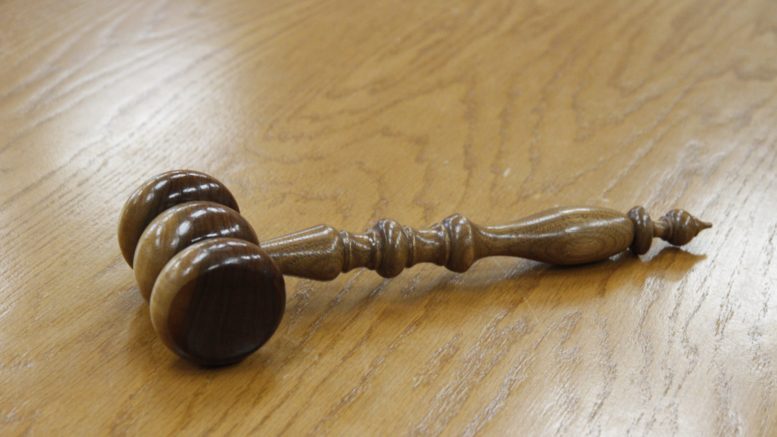By Jeremy Appel, Local Journalism Initiative Reporter
(ANNews) – Indigenous leaders expressed relief in early February when the Supreme Court of Canada upheld Bill C-92, which affirms First Nations, Métis and Inuit jurisdiction over child welfare.
“This is a grand historic moment,” Confederacy of Treaty No. 6 First Nations Grand Chief Cody Thomas said in a Feb. 9 statement.
“The Supreme Court’s ruling recognizes our inherent right to care for our children with our own cultures, traditions, and languages, and it affirms the principles of reconciliation and our inherent right to lawmaking and self-governance.”
Quebec’s provincial government opposed the legislation, which first passed in June 2019, arguing that the federal government overstepped its authority, infringing on provincial jurisdiction.
In February 2022, the Quebec Court of Appeal agreed with the government that aspects of the law were unconstitutional, namely those that gave Indigenous legislation the force of federal law and allow Indigenous governments to overrule conflicting provincial laws.
The federal government appealed to the Supreme Court, which ruled unanimously in its favour on Feb. 9.
“The act as a whole is constitutionally valid,” the court concluded. “Developed in co-operation with Indigenous Peoples, the act represents a significant step forward on the path to reconciliation.”
Métis National Council president Cassidy Caron, Indigenous Services Minister Patty Hajdu, Crown-Indigenous Relations Minister Gary Anandasangaree and Inuit Tapiriit Kanatami president Natan Obed held a news conference to applaud the court ruling the day it was made.
Hajdu called the decision a “clarion call for all provinces and territories to be partners in this reconciliation.”
“It is now the law, actually, that that work has to continue,” said the minister.
Cindy Blackstock, whose legal advocacy challenged decades of discrimination against Indigenous children in the child welfare system, said the legislation creates consistent “national standards” for Indigenous child welfare.
It also “creates a pathway to affirm jurisdiction in child and family services,” she explained in a panel discussion with lawyer Pam Palmater.
Another panelist, Mary Teegee, president of the BC Aboriginal Child Care Society, explained that the core issue C-92 sought to address was the “overrepresentation of our children in state and stranger care.”
The legislation serves as a “reaffirmation that we are able to draft our own laws and implement our own laws within the realm of child and family [services],” she added.
“We’ve always had inherent rights. We just haven’t had the resources to breathe life into our own laws.”
In a Facebook video, Andrea Sandmaier, president of the Otipemisiwak Métis Government, called the top court’s decision “incredible news for our government, our citizens and, most importantly, our Métis families, children and youth.”
She added that Bill C-92 will allow the Otipemisiwak government “to reclaim and protect our children.”
The unity among Indigenous leaders on display in response to Bill C-92 proved short-lived.
Sandmaier issued another statement on Facebook expressing her hope that the Supreme Court ruling in favour of Bill C-92 will bolster support for “another crucial piece of Métis rights legislation,” Bill C-53, which is opposed by First Nations leaders and some Métis groups.
A far more contentious piece of legislation, Bill C-53 will recognize the Métis Nation of Saskatchewan, Métis Nation of Ontario and Otipemisiwak Métis Government in Alberta as official Métis governments.
The Assembly of First Nations objects to this legislation, because it opens the door to the Crown signing treaties with Métis governments, which could conflict with its members’ Treaty rights.
Métis communities in Alberta who weren’t part of the Otipemisiwak government’s predecessor, the Métis Nation of Alberta, are concerned Bill C-53 would centralize Métis governance structures.



Be the first to comment on "Supreme Court approves federal Indigenous child welfare legislation"